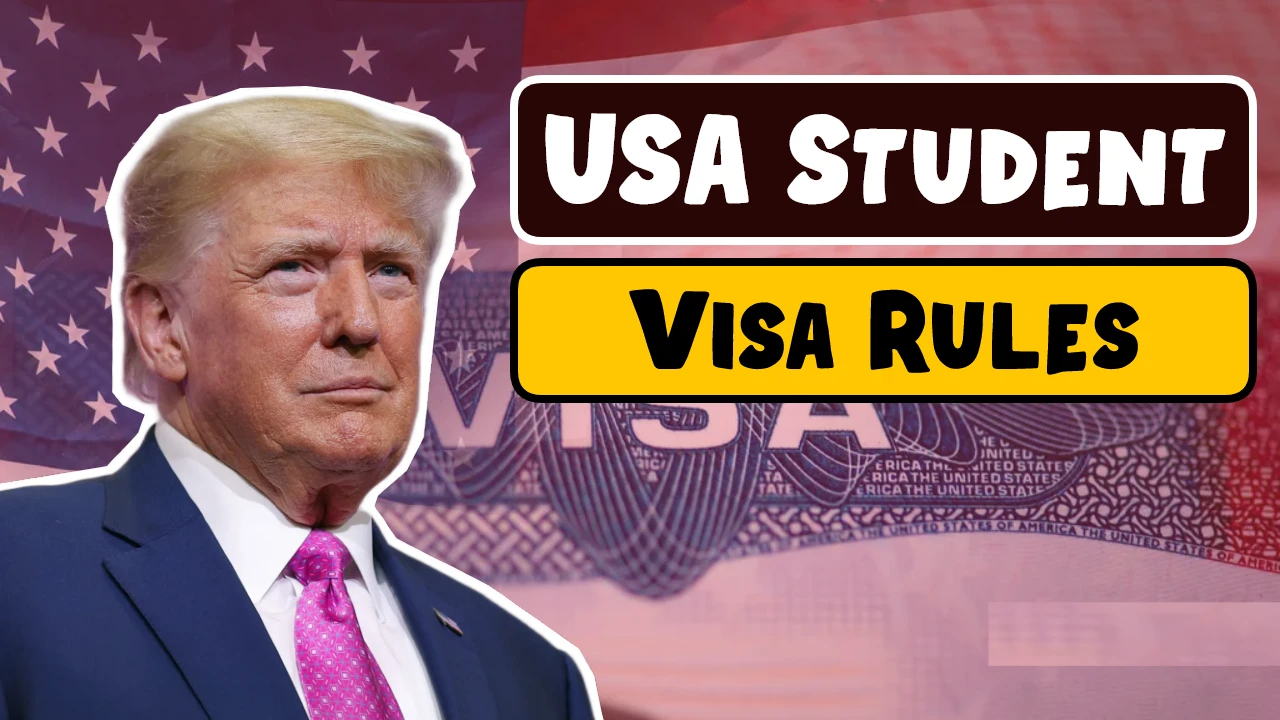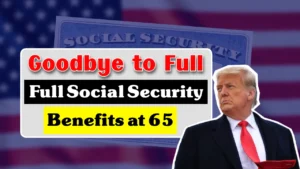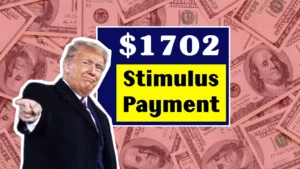If you wish to study in the US, you must apply for a student visa. Most students apply for an F-1 visa. The school that you attend in the United States can be a school, college, university, or language-training program.
The requirements for this visa are incredibly rigid, so individuals must carefully read up on it before applying.
USA Student Visa Rules
The U.S. government wants to make sure the students are serious about studying there, and will leave once they are done. That is one of the reasons why a student visa is a prudecy to some extent and comes with its responsibilities and due diligence.
In this article, the fundamentals and steps in simple steps are explained, so you can feel secure about your test prep.
Types of Student Visas
U.S. student visas fall into three types. For each, individuals can consider the following types of oriented study:
F-1 Visa which is mainly utilised for the academic studies such as collages universities ad high schools or any other kind of training programs.
M-1 Visa is mainly for vocational or technical programs such as cooking school, auto mechanics and other design courses.
J-1 Visa is utilized for exchange visitor in the U.S. temporarily.
The F-1 is the visa that most foreign students will apply for, because it is for people who want to go to college or university.
What are the minimum qualification for F-1 Visa
There are some general requirements you must meet to apply for an F-1 student visa. The first is that you have to get accepted to a school that has been given the green light by the U.S. government to recruit international students. This school will give you a fancy form- I-20, you will need it get a visa. You must also show that:
- You do go home after studying.
- You have enough money to pay your tuition fees and living costs as well as any other fees and expenses.
- Your speaking English well enough to understand your classes or you will initially take English speaking classes.
- You are a serious student going after a real course objective.
A student visa for self-study or study in short courses such as tourist courses or part-time courses is not available. The program must be full-time.
Applying for a Student Visa
When you are admitted by a U.S. school, visa applications wheels start turning. You will be given Form I-20 by the school. There is an online form to complete, a fee to pay and an interview to schedule at the American embassy or consulate where you live.
When you have your visa interview, you need to make friends with a consular officer. They will inquire about what you are planning to study, where you studied before, your finances, and why you want to study in the U.S. If you are granted the visa, it gets stamped into your passport. You can come to the U.S. up to 30 days before your classes start. You will also be required to pay a SEVIS fee before attending your visa interview. This is a fee that funds the system that keeps track of student visas.
The Rules on the New Student Visa
Here are the F-1 student visa regulations that one should follow:
- Individuals are not permitted to work away from the university campus in their first year
- Individuals may also work on campus part time while school is in session (10 – 20 hours per week).
- Individuals mustn’t fall down on their courses and bring down their overall GPA.
- If Individuals leave, or have a new phone number, they are required to inform your school.
- A valid I-20 is required for all times. Period.
- Individuals cannot stay in U.S. after your program, unless they applied for extension, or you have another type of visa.
- Individuals have 60 days after your program end date to leave the US (unless they are authorized to work on Optional Practical Training-OPT).
- Individuals can’t just keep taking these long leaves of absence from school, he said.
- And you are not permitted to disobey any US laws or they will take your visa away from you.
If individuals break any of these rules, Individuals could lose their visa and be deported back to their country of origin. Always follow your school DSO’s guidance.
Optional Practical Training (OPT)
One giant benefit of the F-1 visa is a policy known as Optional Practical Training, or OPT. Students can do so on the 12-month Optional Practical Training program after they graduate. You can have a job in your major, real experience and make money.
There is an exception if you majored in science, technology, engineering or mathematics (STEM) in that case, you may be able to apply for an additional 24 months’ work time for a total of 36 months. This is called the STEM OPT Extension.
You need to be on post-completion OPT by the time your visa or I-20 expires. You do not need to have a job offer to apply, but after you get approved, you need to find a job in your field of study.
What If Your Visa Expires
Your F-1 visa (the little sticker that gets glued into your passport) can expire while you are in the U.S. This is fine as long as your I-20 form and your status are still good. If you depart the United States after your visa has expired, you must renew it before reentering the country. Unless you really plan to travel, don’t forget to keep your papers updated.
If you graduate early or drop out, or if you violate the rules of your visa, your legal status comes to an end right away. That is, essentially, you must leave the United States as quickly as possible.
Final Tips for New Students
If you are applying for a U.S. student visa in 2025, plan to add extra time. There are documents to get, school acceptance to secure, interviews to schedule and approval can take time. Being prepared will then let us take this in our stride and avoid backlogs.
Also, stay organized. Keep records of all your forms, receipts, and correspondence with your school and the U.S. embassy. You will want to ensure that your visa, passport and I-20 are not expired on this list.
FAQs
May I go with my spouse or children?
Yes, if you also have a spouse and kids applying to accompany you, they could apply for an F-2 visa.
Can I change to another school when I am where in the U.S.?
You can, but only if you inform your old school and your new one, and obtain a new I-20.
Is it possible to get any type of job as well as work full-time in my summer break?
Yes you can work full time while on campus studying during school approved breaks.



